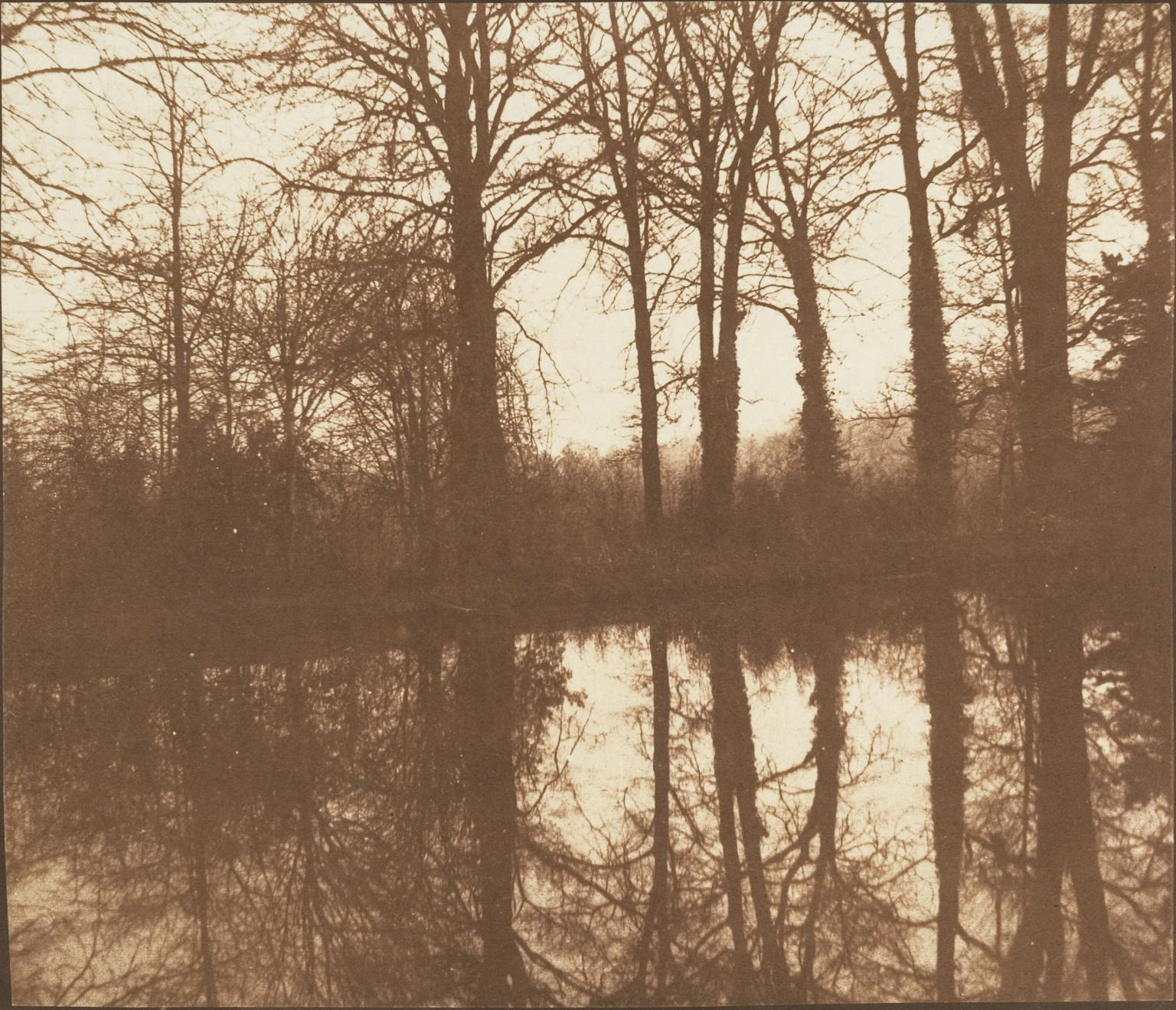How does the war in Ukraine impact us psychologically? For those of us not involved other than reading about it in the news, there are two broad ways we can relate to the situation. The first is to the concrete details: the stories of suffering and struggle. But the war also impacts us on a secondary, deeper level: it gets into our dreams and affects us in a way that is less rational and concrete.
It’s like we have within us a more rational, language-based mind, but we also carry within us mental tools and ways of relating to the world more closely shared with other animals. We can analyze things explicitly and linguistically—like reading news of the Ukraine war. But we also experience things like a horse might experience standing on the edge of a dark and windy forest: we can take in a phenomenon by getting a sense of it. Not a story to share and discuss. But an encounter with a kind of creature—the ‘forest,’ the ‘war’—that meets us with an initial shock, but then comes to take up residence in our mental life.
We often look at things intellectually, and less often to get in touch with the animal inside us looking out: to notice how something feels; to look at something as though it were a waking dream. Good therapy can help us gain insights from both ways of relating.
Image: Winter Trees, Reflected in a Pond, 1841–42, William Henry Fox Talbot
Jack Fuller
Jack is a depth therapist and the founder of Archive. He has a doctorate in theology from Oxford University and a degree in neuroscience from Melbourne University. He is the co-author of The Imagination Machine (Harvard Business Press, 2022)
